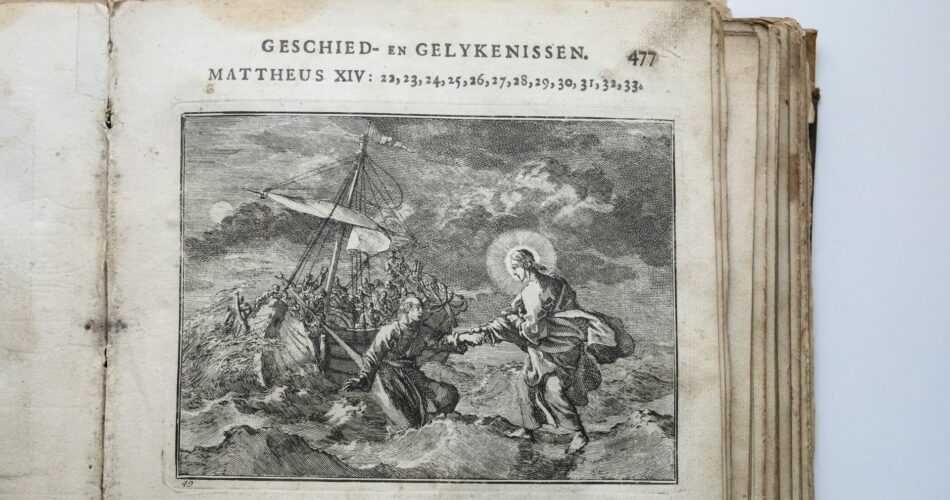Irish Woman Faces Charges For Praying
Claire Brennan, a 52-year-old Christian woman from the United Kingdom, recently challenged her arrest in court over a protest and prayer session outside an abortion clinic last fall. Brennan, along with her colleague David Hall, was detained in October for holding a sign and reciting The Lord’s Prayer outside Causeway Hospital in Coleraine, Northern Ireland. Their legal team, from the London-based Christian Legal Centre, argued against the charges at the Coleraine Magistrates Court.
The arrests were made under the Abortion Services (Safe Access Zones) Act (Northern Ireland), which was enacted to ban protests within a 100-meter radius of abortion clinics. This law aligns with similar regulations in England, Scotland, Wales, and the U.S. FACE Act, which also restricts pro-life protests outside clinics. Brennan and Hall’s case highlights a growing debate over such restrictions.
Footage from the incident shows police confronting Brennan while she prayed and held a sign stating “Pray to end abortion.” Officers warned her that continuing the protest would lead to arrest and a report to the Public Prosecution Service for Northern Ireland. Brennan’s response included a defense of her actions based on her religious beliefs and moral duty, despite the officers’ criticism.
Ahead of the court hearing, Brennan stated her belief that she had not acted wrongly and criticized the expansion of abortion services in Northern Ireland. She argued that the buffer zone laws unfairly discriminate against Christians and limit their freedom to express their beliefs. Her stance reflects broader concerns about religious freedoms and the impact of such laws on pro-life advocates.
Andrea Williams, chief executive of the Christian Legal Centre, emphasized the increase in abortions in Northern Ireland since the law changed in 2020. She criticized the exclusion zones as oppressive measures that suppress free speech. Similar legal challenges have been faced by other Christians in the U.K., highlighting ongoing tensions between abortion regulations and religious expression.
